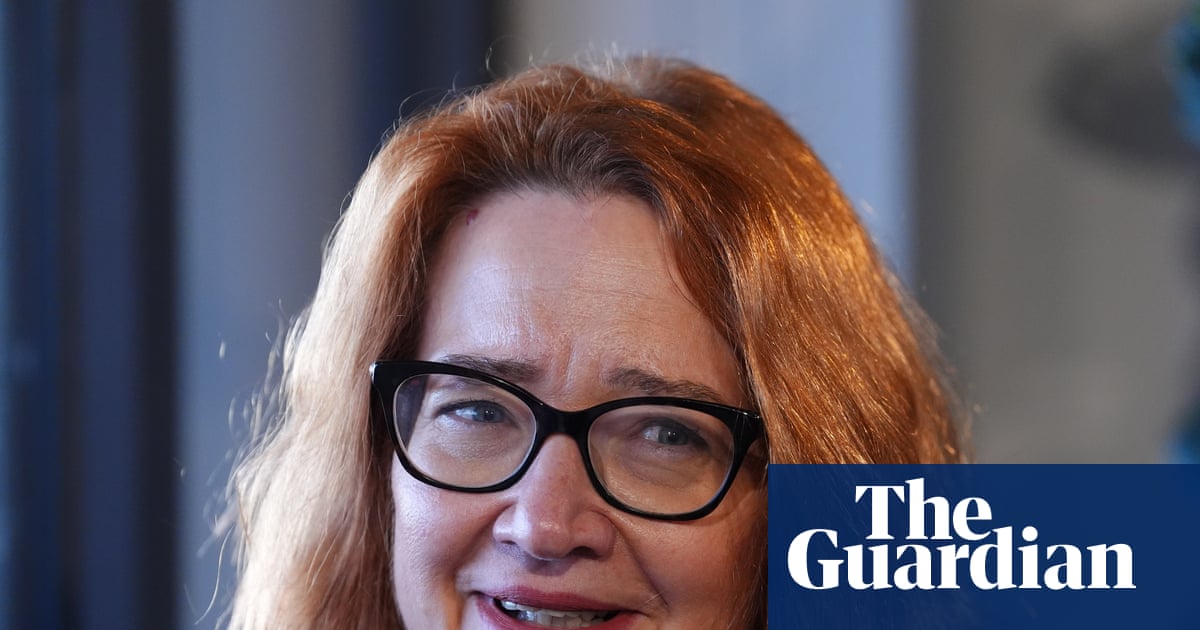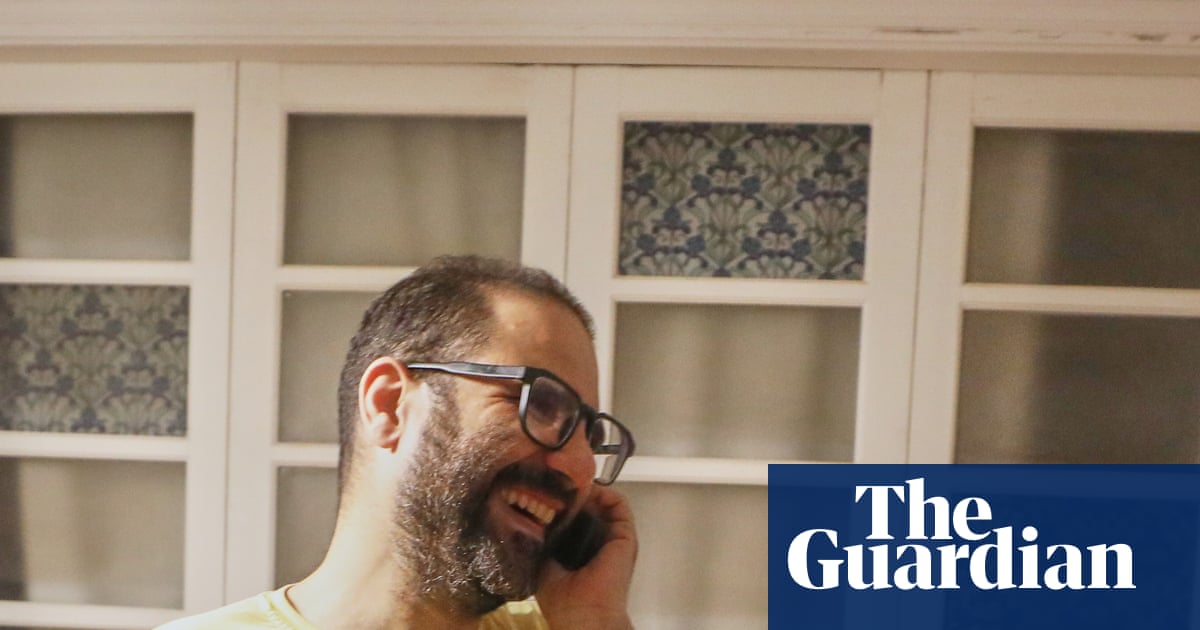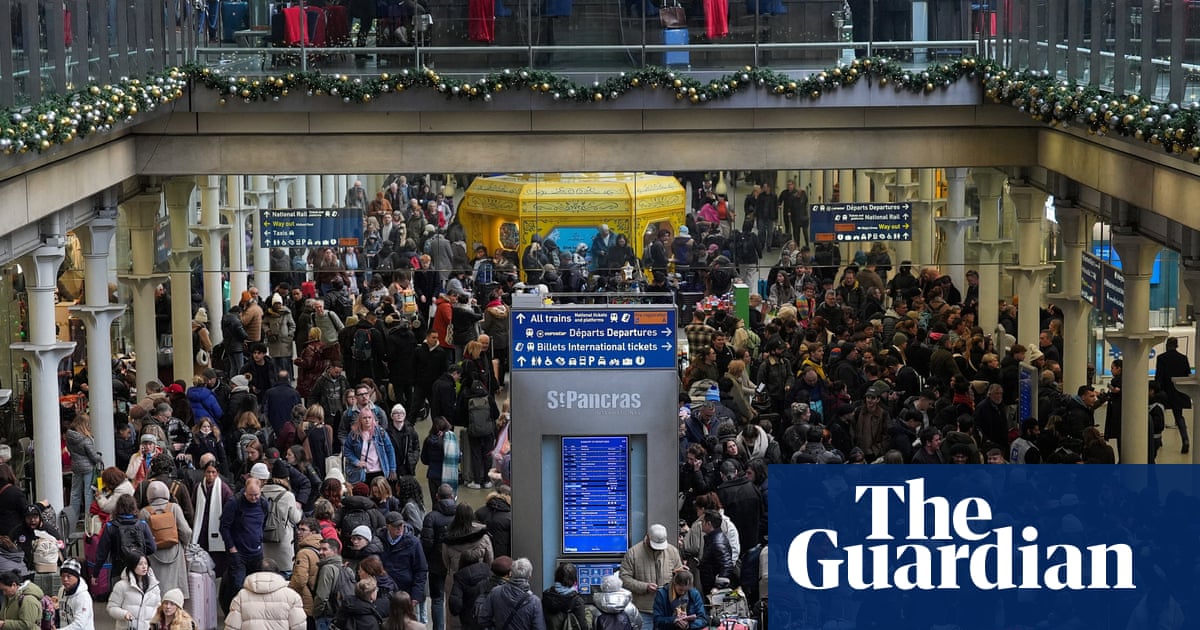Decades of efforts by mainstream politicians to roll back welfare programmes have given rise to an “extremely dangerous” discourse that has helped fuel the rise of the far right and rightwing populists in countries around the world, a top UN expert has told the Guardian.
From London to Lisbon, politicians from centre-right and centre-left parties alike had steadily eroded social programmes, fostering a sense of scarcity and creating fertile ground for the stirring up of anti-migrant sentiment, said Olivier De Schutter, the UN special rapporteur on extreme poverty and human rights.
“If we were doing more, people would not feel threatened, they would not fear falling behind,” he said. “They would be reassured that the digital and ecological transitions and globalisation will be painless because they are protected by a state that cares for them.”
He pointed to the UK, where Nigel Farage’s Reform party is outflanking the Conservatives from the right on migration, as an example. “It’s completely terrifying,” he said. “Reform UK is higher in the polls than ever and you have these anti-migrant demonstrations in various parts of the UK … And the reason is that we’ve not been investing enough in the welfare state.”
De Schutter will present a report to the UN general assembly on Wednesday that lays out his belief in the value of investing in universal, rights-based social protection. At the heart of his argument is the need for governments to rethink the welfare state – from food assistance to healthcare and unemployment benefits – as an essential tool to maintain the social fabric of society, rather than a cost to be reduced.
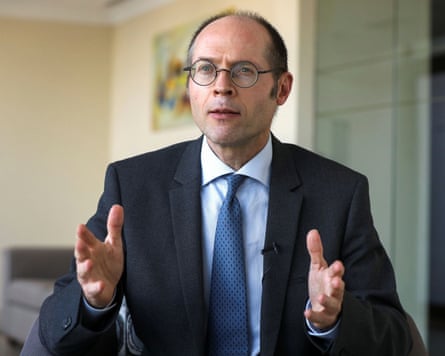
Special rapporteurs are independent experts appointed by the UN to advise or report on specific situations.
De Schutter said mainstream politicians around the world had for decades made it increasingly difficult to obtain benefits, increasing surveillance and stigmatising claimants. “And the message was: it’s a cost to society, it’s a burden, rather than an investment in the future.”
What emerged was a sense that access to such resources must be stringently limited, De Schutter said. “The message is: it is us against them. And what goes to one group must be denied to others, because there’s not enough for everyone,” he said. “It’s a discourse that sets people against one another. And that’s extremely dangerous, and I do think that is what the far right is now reaping.”
His view is backed by a 2021 study that looked at 14 countries across Europe and found that a one-point increase in income inequality corresponded to a one-point increase in support for populist parties. Higher pension levels, minimum wage legislation and increases to child allowances have also been shown to diminish the likelihood of people voting for the far right.
Populist parties often argued that societies were unable to afford migration because it would put pressure on social services, De Schutter said. Their stance is countered by a wealth of evidence showing that migrants in member states of the Organisation for Economic Co-operation and Development contribute more to income tax and social contributions than they receive in individual benefits.
“The report tries to ring an alarm bell,” he said. “It’s not by accident that we see that Reform UK is now towering in the polls in the UK. And we see it in Germany with Alternative für Deutschland, we see it in the Netherlands with the Freedom party and we see it in France with the National Rally, which is knocking at the doors of government.”
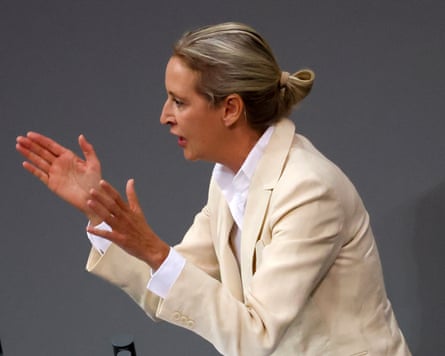
Their messaging tended to resonate deeply with men who faced economic insecurity and lived in regions that were left behind, he said. “Alternative für Deutschland, for example, has its highest votes in east Germany and, in general, in rural areas where public services are often poorly delivered and access to internet is weaker and transport is more difficult to access, so people feel abandoned … In France it’s very much the same thing. The best votes for the National Rally are in these rural areas that are largely neglected.”
When the far right and rightwing populists have won power, including Donald Trump’s administration in the US or Javier Milei’s in Argentina, their actions suggested their focus was on further dismantling social protection, he said.
“Once in power, they work to maintain the privileges of the very economic elite they denounce in their speeches, slashing food assistance, healthcare and other life-saving services,” he said. “They haven’t kept their promises to the lower middle class, they’ve actually made things worse and the levels of inequalities and poverty have grown significantly in those two countries.”
De Schutter ultimately hopes the report will shed light on the need to reframe the importance of social programmes. “My call is to let us wake up,” he said. “Let us not, in the name of sound management of public finance, allow society to run amok and dissolve itself into a set of groups that are competing for scarce resources.”

 2 months ago
49
2 months ago
49



